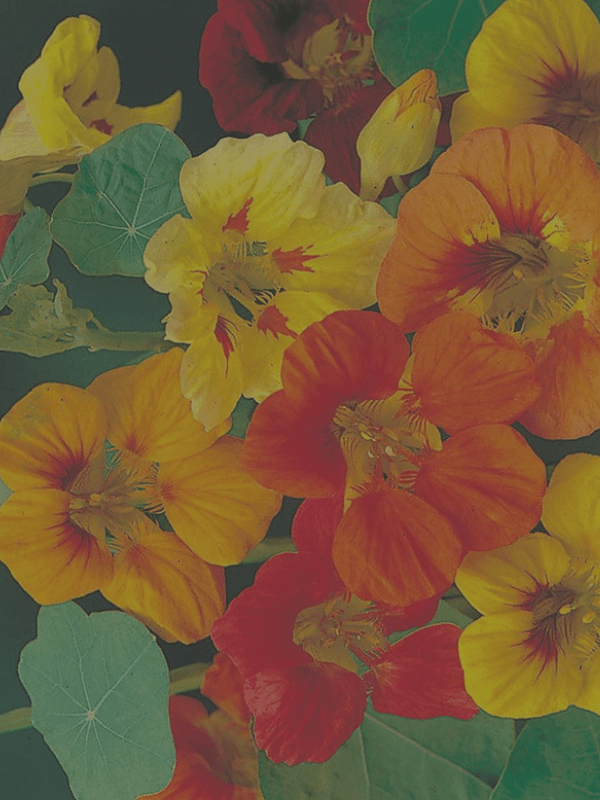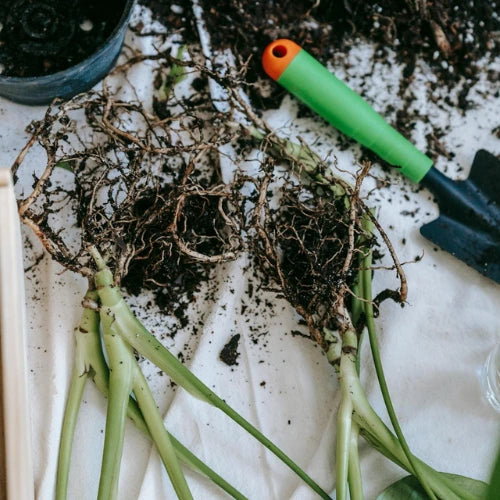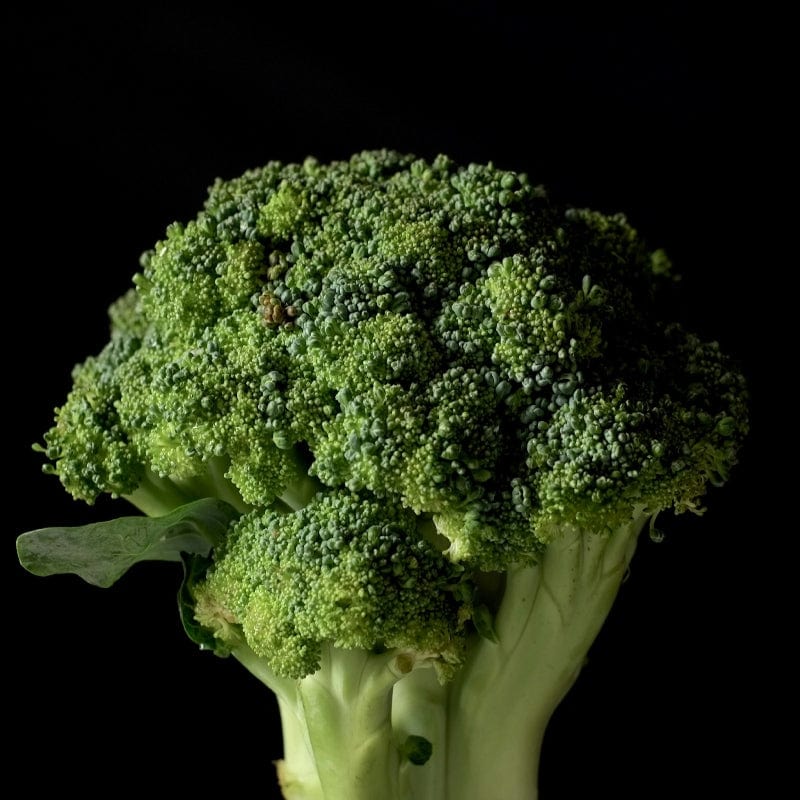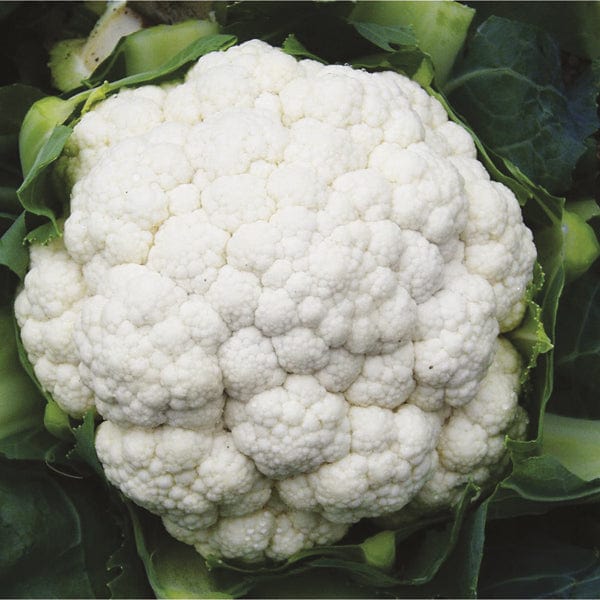Clubroot is an infection that affects brassicas, leading to massively swollen and distorted roots with poor growth. Although there is no chemical control to kill off clubroot, there are preventative measures growers can take. If you have found clubroot disease to have previously affected your plants or are otherwise looking to best protect your plants from disease, read our tips below on how to prevent clubroot disease.
What Is Clubroot Disease?
A soil-dwelling microorganism related to slime moulds, known as Plasmodiophora brassicae, is what causes clubroot disease in plants. It produces spores that can contaminate soil for up to 20 years, so prevention is essential to ensure your plants don't suffer from clubroot. Most new infections happen from midsummer until late autumn when the soil is warm and moist.
Where Is Clubroot Disease Most Commonly Seen?
Brussels sprouts, cabbages, cauliflowers, turnips, swedes, kale, calabrese (broccoli), and radishes are all susceptible to attack, as are ornamental relatives such as Cheiranthus (wallflowers), Matthiola (stocks) and Aubrieta.
There are certain environmental factors that can lead to an increased likelihood of clubroot infection. High soil moisture, warm temperatures of 20-25°C and acidic soil all make for ideal conditions for the microorganisms to proliferate.
If susceptible plant roots are near, the dormant spores will germinate and infect the root hairs, causing the roots to become distorted. The fungus produces more spores in the affected tissue, which rots and releases them back into the soil.
Clubroot Disease Symptoms
If you think that your plants may have been infected by clubroot disease, they will exhibit the following common clubroot symptoms:
- Stunted growth and purple-tinged foliage.
- Wilting in hot weather, which may recover in wet conditions.
- A massively swollen and distorted root system, with a loss of fine root hairs, so the plant can’t take up enough water or nutrients.
- Stunted growth and a severely reduced yield
- Death of badly affected plants
How to Prevent Clubroot Disease
Even though there is no chemical control to eradicate clubroot disease from soil, there are several things gardeners can do to prevent clubroot disease infection from developing:
- If you buy plants, make sure they come from a clubroot-free source.
- Don’t use plants from other gardeners, whose plants may be infected without their knowledge.
- If you know clubroot spores are present, grow plants in modules and pots at least 9cm wide in healthy compost to a larger-than-normal size before planting out. This way, the plants’ developed root systems will stand a better chance of resisting infection.
- Spores can be spread on tools, wheelbarrows and footwear, so you should clean all equipment with disinfectant. We recommend using a 1% bleach solution.
- Clubroot spores are reduced by raising the pH of the soil using lime. So, soil improvers such as Granular Garden Lime Soil Conditioner can prove to be beneficial.
- As well as liming the soil, you should improve drainage to make conditions less likely for infections. Making raised beds is a good way to do so.
- Keep an eye out for weeds in the cabbage family which can be infected and spread spores, such as shepherd’s purse, charlock and wild radish.
Clubroot-Resistant Plants
A good preventative measure for preventing clubroot disease from becoming a problem is to grow plants or seeds that show clubroot resistance. At D.T. Brown, we have many of these available so that clubroot is less likely to afflict your crops. Be sure to try our brassica plants and brassica seeds, such as the Clubroot Resistant Brassica Seed Collection or Clubroot Resistant Brassica Veg Collection.
Individual cultivars showing some level of resistance available from us include Cabbage ‘Kilaton’ F1 and ‘Kilazol’ F1; Cauliflower ‘Clapton’ F1, Brussels sprouts ‘Crispus’ F1 and Calabrese ‘Monclano’ F1.










